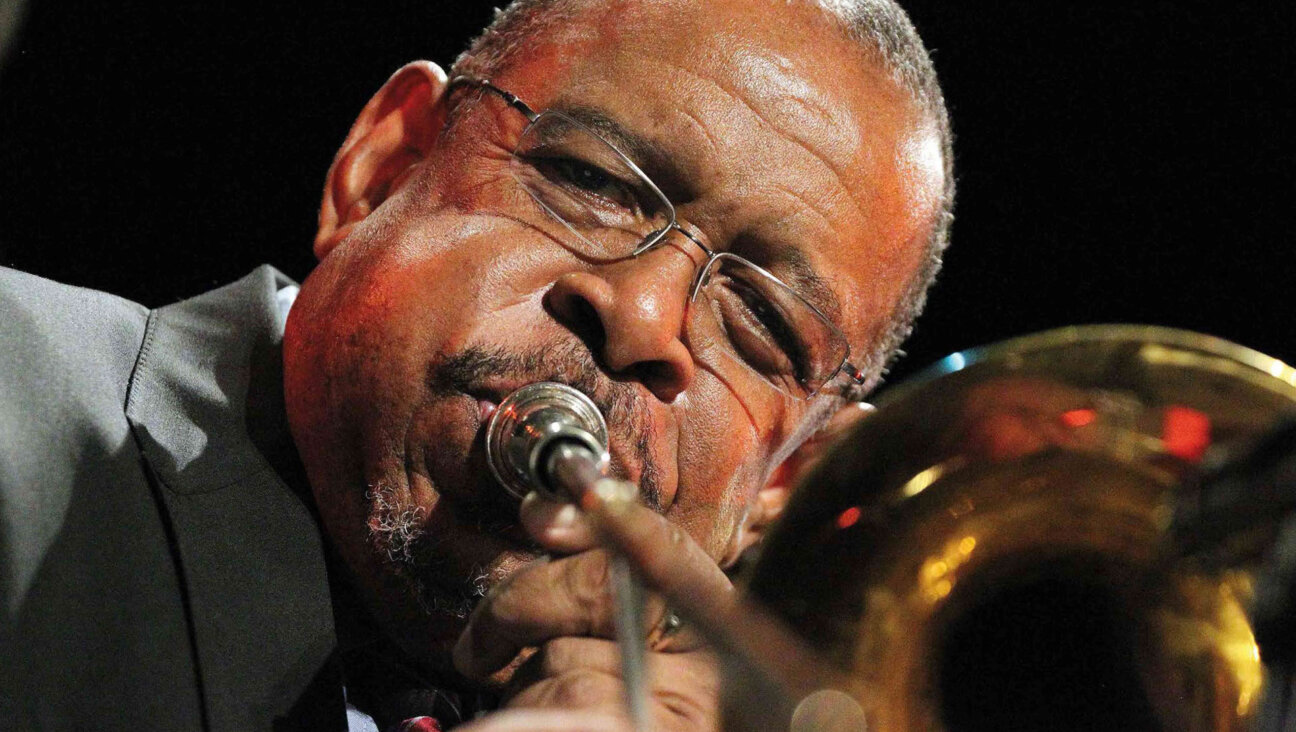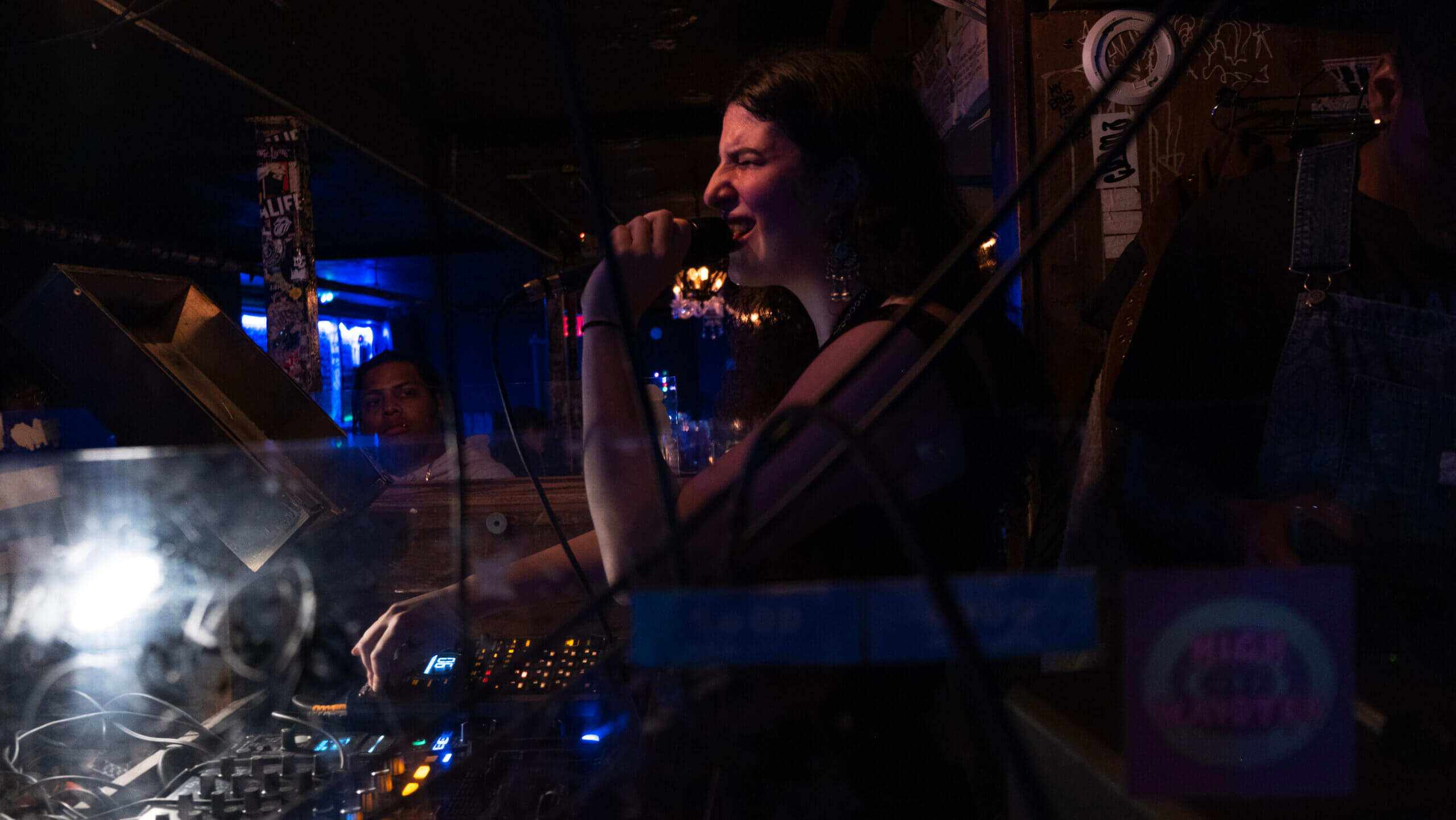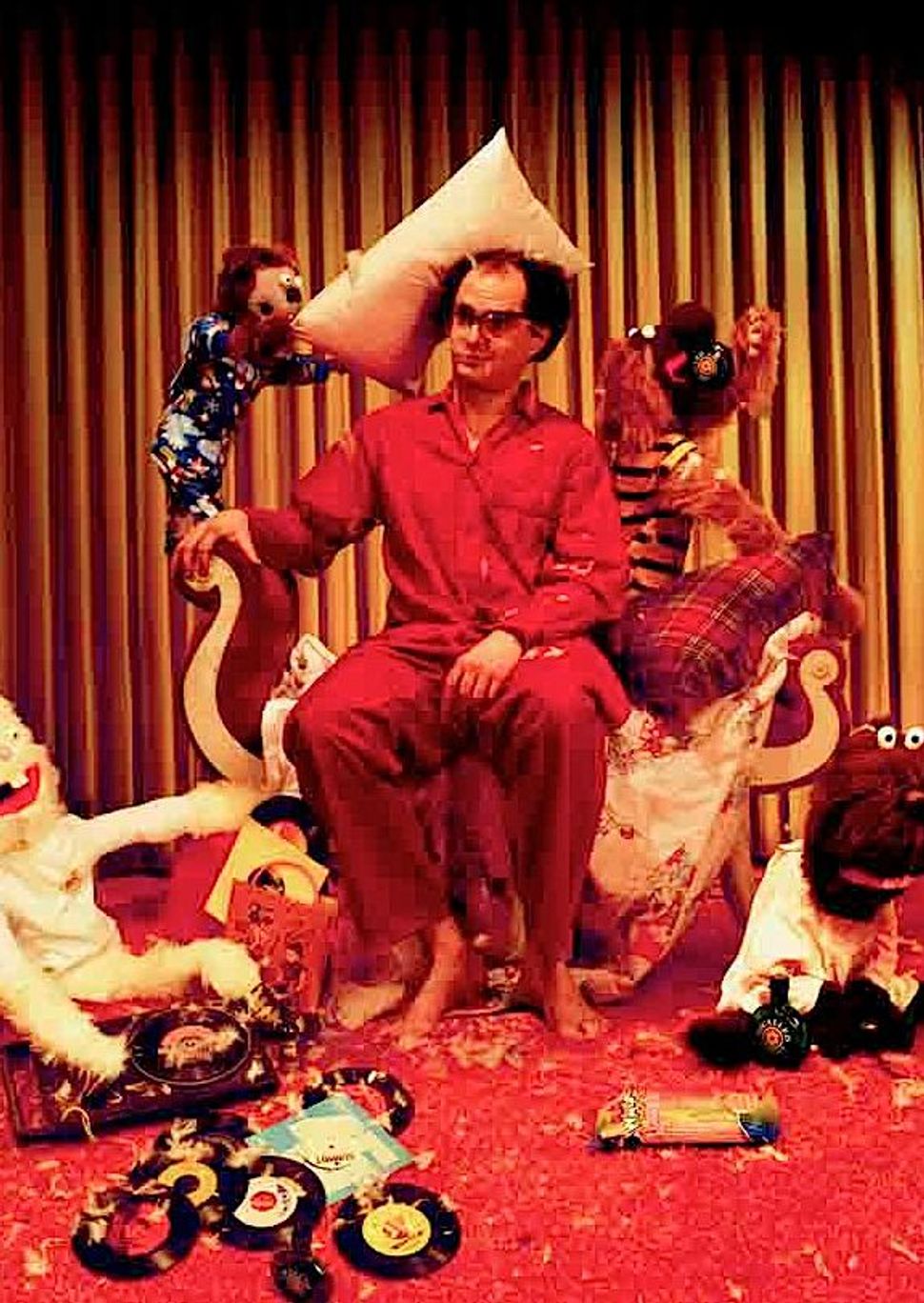A dream of a utopian Black-Jewish music collaboration is going forward — even after the war in Gaza complicated it
'Generate Music' was conceived as a way to confront American bigotry

'Generate Music' was conceived as a way to confront American bigotry

With Kleztronica, Kaia Berman-Peters blends klezmer elements with electronic dance music

A friend of klezmer clarinetist David Krakauer recently stumbled on a mention of Behcet’s Syndrome, a medical disorder involving inflammation of the blood vessels. He joked that Krakauer seems to be suffering from Bechet’s Syndrome, an obsession with the American reeds player Sidney Bechet, who received great acclaim in the late 1940s. Krakauer has let…

You wouldn’t think that a musician of David Krakauer’s caliber would be looking to put a new spin on his work, what with a nearly 30-year track record of virtuosity playing chamber music, klezmer and, most recently, a thrilling mash-up of funk, hip-hop and klezmer. But Krakauer’s manager, Steven Saporta, broached the idea of the…

Unlike their pudgy, cherubic, church-tending counterparts, in Jewish mythology angels are not what you’d call angelic. Ominous and conflicted, with a penchant for irony and obscure turns of phrase, they are messages from the personal and collective subconscious for us to wrestle with. These angels create the parameters of our formative and deformative moments. Perhaps…

Maybe it was only a matter of time before Socalled, the frizzy-haired, klezmer hip-hop hipster, tried to sidestep his ever-expanding identity as a “Jewish artist.” The arbiters of Jewish cultural identity go to great lengths to rope in the eclectic and the original, and a klezmer hip-hopper is a no-brainer. But no one wants to…

For all of its charitable mishloach manot-giving and passive-aggressive gragger-shaking, Purim is hardly the tamest Jewish holiday. At its best (worst?) the celebration follows a sort of Bakhtinian carnivalesque disorder, with masks, public denunciations of the villain Haman and booze — lots of booze. With that in mind, one would expect Moscow, surely a world…

Jewish and African-American cultures have met on musical ground on many occasions — just think of Cab Calloway’s forays into Yiddish, Nina Simone’s covers of Hebrew folksongs, or most recently, the collaboration of Fred Wesley, David Krakauer and Socalled as Abraham Inc. David Chevan’s Afro-Semitic Experience, however, is different. The project unapologetically focuses on religious…








100% of profits support our journalism